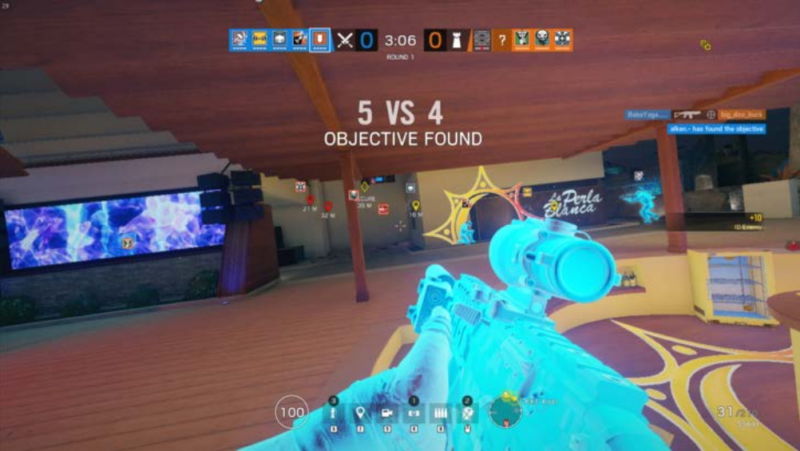

reader comments
126 with 73 posters participating
Last month, an anonymized Rainbow Six: Siege cheat maker told the BBC, “if Ubisoft decides to come after you for copyright infringement, you’re in for a tough time.” It seems that hacker is now facing such a tough time, thanks to a federal lawsuit filed by Ubisoft against him and associates involved with MizuSoft.
The lawsuit (thanks, TorrentFreak), filed in the Central District of California, accuses an underage Dutch hacker by the handle J.V.L. of being the “driving force” behind MizuSoft’s only product, “Budget Edition Rainbow Six: Siege Cheat.” It also accuses his mother, Sandra Rijken, of “collecting, processing, and transmitting” the proceeds of that cheat software’s sales through her own company, Simply San Web Design.
Most of the other defendants accused of assisting with the development and sale of the cheat engine are only identified in the lawsuit by their Discord handles. Ubisoft said it hopes to “amend this complaint to state their true names and capacities once said defendants’ identities and capacities are ascertained.”
What’s the problem here?
MizuSoft’s cheat software Rainbox Six: Siege offers players superhuman abilities, including improved field of vision, enemy highlighting (including through walls), item location, recoil mitigation, and the ability to shoot through floors and other objects. In doing so, the lawsuit alleges MizuSoft is aiding players in breaking the Terms of Use they agree to when playing the game, amounting to “intentional interference with contractual relations.”
The use of the cheat software by “thousands” of players, Ubisoft says, hurts the game’s reputation for fair and balanced play in a way that “could disrupt the entire R6S community and cause the game to wither and die.” Ubisoft adds that it has been “forced… to spend enormous sums of money (and vast amounts of time) attempting to remediate the damage caused by the Cheating Software.”
The lawsuit also focuses on MizuSoft’s advertised ability to avoid detection by Ubisoft’s anti-cheat software. As the MizuSoft website puts it, “the key thing that makes us stand out from the rest is our near clean detection record” and “[w]e are deadset on keeping our cheat undetected and therefore prevent your account from being banned.” That falls afoul of the DMCA’s prohibition of “circumvention devices,” according to the lawsuit.
J.V.L. told the BBC last month he can make up to £1,500 a week selling Rainbow Six cheats online. Ubisoft says it believes the company has made “hundreds of thousands of dollars” by selling software subscriptions for €69.99/month or more.
J.V.L. also alleged to the BBC that some players in the “top, top ranks” use the MizuSoft cheat software, including some in “proper tournaments.” And though he allowed in the interview that “it really isn’t” fair to use cheat software in the game, he also said that it “adds to the fun” for him personally. “Obviously, we don’t condone [cheating], but we’re not going to be like, ‘Hey, you can’t do that.'”
Online game makers have been increasingly turning to the courts to stop cheat makers when the standard technical anti-cheat measures prove unable to do the job. Just this year, a judge ordered $150,000 in damages in a lawsuit surrounding a GTA Online cheat engine, and a major Pokemon Go cheat maker shut down after a lawsuit filed by Niantic.


